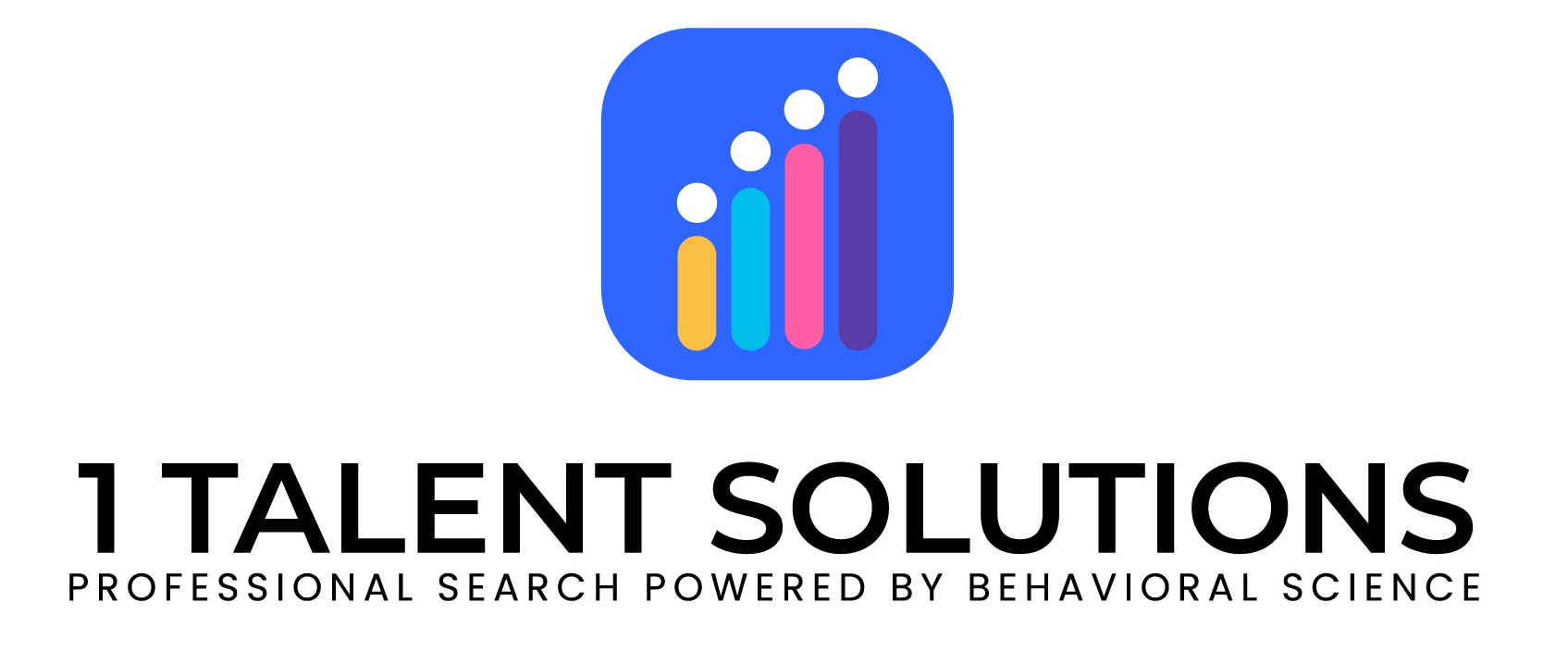BIG PICTURE RATIONALE FOR CANDIDATE SCORECARDS
Companies invest huge amounts of capital in workforce budgets. Despite the critical import of hiring decisions, too often hiring managers chose the wrong candidate. Common reasons for poor hiring decisions include a lack of clarity about what the company/team requires, an unstructured interview process, and/or nebulous company hiring practices. One of the mechanisms that organizations can use to ameliorate their hiring processes are candidate scorecards.
DEFINING CANDIDATE SCORECARDS
Candidate ScoreCards are a practical tool to promote sound hiring practices. Let’s define Candidate ScoreCard: The ScoreCard is a standardized rating of the candidates qualifications based on criteria developed in advanced by stakeholders in the organization.
The ScoreCard is a broad and specific measure designed to quantify how the candidate stacks up against pre-defined criterion for what’s most important. Candidate scorecards force interviewers to quantify their qualitative impressions of the interviewee.
Although many companies use scorecards to quantify just interview performance, forward thinking organizations use them to quantify the candidate more thoroughly: Qualifications, knowledge, skills, interview performance, references, work samples, leadership potential, etc.
WHY YOU SHOULD USE CANDIDATE SCORECARDS
There are a number of advantages of using candidate scorecards as part of a healthy, fair, quantitative hiring process. Stakeholder engagement, defining search parameters, reducing bias, and making sound hiring decisions are some of the benefits of implementing candidate scorecards.
STAKEHOLDER ENGAGEMENT
The process of designing scorecards necessitates engagement: Candidate scorecards are a way for organizations to get input from internal stakeholders on what knowledge, skills and characteristics are vital for the new hire.
Although not all stakeholders may be engaged in the interview process, employees who have contributed to a guiding new hire document are more likely to be accepting of the final hiring decision. The development of scorecards are a way for organizations to create inclusion among employees.
When it comes time for interviews, scorecards are an objective frame for hiring managers to think-through and quantify their impressions. How does the candidate measure-up against those criterion defined by company stakeholders at the inception of the search?
SCORECARDS GUIDE SEARCH
The process of creating candidate scorecards means that the leaders in the organization have invested the time to define what is most, somewhat and least important. Coming to agreement prior to the search regarding the vital characteristics of the new hire lays the groundwork for a successful hiring process, and reduces the chances the hiring process will get derailed.
Scorecards can and should be part of designing a standardized interview process: “Asking all candidates a standard set of good interview questions can also boost the accuracy of the hiring process.”
SCORECARD AS SAFEGUARD AGAINST BIAS
Once finalized, candidate scorecards become a quantitative hiring tool for inter-candidate comparisons. The scorecards are a safeguard against various kinds of bias that can seep into the hiring process. In addition, candidate scorecards increase the likelihood that hiring decisions will be based on merit and qualifications. Diversity is promoted by well designed hiring processes, and research shows that diversity makes businesses stronger and more successful.
Halo bias is when one piece of positive or negative information informs how we evaluate all future information. For example, if a candidate comes from a prestigious company, this may create a positive “halo”: The candidate is idealized because they are coming from a trusted organization, causing interviewers to potentially underweight information about the ways in which the candidate isn’t a good fit for the current position.
Candidate scorecards are a guard against falling in love with job candidates for the wrong reasons. And, scorecards can also confirm that the candidate is a good fit based on what leaders have previously defined as key qualities, skills, etc.
Candidate scorecards are also a useful way for hiring managers to learn about their own evaluative leanings, biases, etc. through comparison to the ratings of other interviewers.
CONCLUSION
Organizations that go through the process of creating candidate scorecards are much more likely to hire the right person. The scorecard is a roadmap to making a hire who has the right knowledge and skills, who can achieve the companies objectives.

